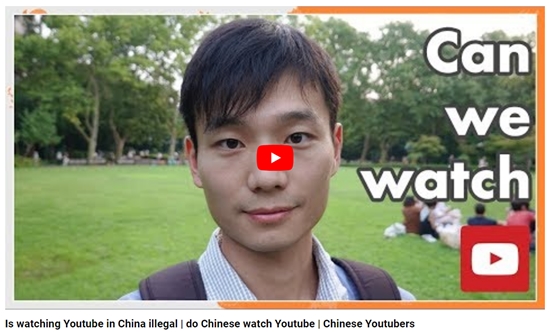
Here’s some of what the Chinese government is doing (via UPI):
As Secretary of State Antony Blinken wrapped up his trip to China, a human rights group released a report calculating that China currently imprisons more than 449,000 Uyghurs in Xinjiang, about one in 17.
According to the Uyghur Human Rights Project, a Washington-based research and advocacy group, 1 in 26 Uyghurs and non-Han people in the Xinjiang Uyghur Autonomous Region in northwest China were incarcerated in 2022.
In response to comments from Blinken about “human rights abuses in Xinjiang,” an official of the Chinese Foreign Ministry said: “We ask the U.S. not to put fingers on domestic affairs, including those relevant to Tibet and Xinjiang. Do not use human rights as excuses to interfere.”
And (via RFA):
Authorities in Xinjiang have banned Uyghurs from using social media apps including Chinese-owned TikTok and tools to circumvent censorship [like VPNs], according to a video released from Chinese police, in what experts say could be the beginning of another major crackdown on the region’s 11 million mostly Muslim Uyghurs.
A video notice about the ban was released April 8 by the Xinjiang Production and Construction Corps, a state-run economic and paramilitary organization also known as Bingtuan that has played a key role in suppressing the Uyghurs.
Violators face arrest, a fine of 15,000 yuan, or US$2,100, and a 40-point deduction under China’s social credit system, which affects people’s access to credit and business opportunities, according to the video….
The announcement “suggests a significant likelihood of another round of mass oppression by China,” said Ilshat Hassan Kokbore, vice chairman of the executive committee of the World Uyghur Congress.
China already bans TikTok, Twitter, and YouTube throughout the country. Perhaps the Uyghurs are also be prohibited from using social media apps that are not already at least nominally outlawed in all of China. Circumventing the government’s bans and censorship is also already illegal in China, and not only for Uyghurs.
But China does not enforce its edicts against members of all ethnic or cultural groups with equal fervor, and Ilshat Hassan Kokbore is no doubt correct that the announcement “signals…another mass oppression” of the Uyghurs, which is one of the groups that the Chinese state especially targets. What China is doing in Xinjiang also has implications for other Chinese, though. For the methods of all-pervasive censorship and surveillance that the state tests in such regions may later be imposed more widely.
Here’s what some Americans are doing (via The Diplomat):
On April 19, the U.S. technology giant Apple announced that it had removed the applications WhatsApp and Threads—both owned by the U.S.-based social media firm Meta—from its app store in China on orders from the Chinese government. Authorities reportedly found that the apps featured “inflammatory” content about Xi that violated the country’s cybersecurity laws. The details of the offending content were not explained.
Here’s what some Chinese outside of the government are doing:
In a separate development that week, a person called in to celebrity vlogger Hu Chunfeng’s live stream on Bilibili, a popular video-sharing site, and asked him, “Do you think Xi is a dictator?” The question caught Hu completely off guard, and he tried to distance himself from the caller. Hu’s account was later suspended, online discussions about the episode were censored, and the consequences for the caller were not publicly known. The Chinese government’s strict real-name registration policy for social media and its sophisticated surveillance system suggest that the caller was very likely identified and located by the authorities, and the punishment that awaits may be severe.
After discussing several other examples of Chinese resistance to Chinese tyranny, including how netizens elude censorship online, Diplomat author Yaqiu Wang suggests that “instead of aiding the regime’s efforts to stamp out these stubborn embers of free expression and dissent, international companies like Apple should follow the example of courageous Chinese netizens” and also resist the censorious demands of the Chinese Communist Party.





